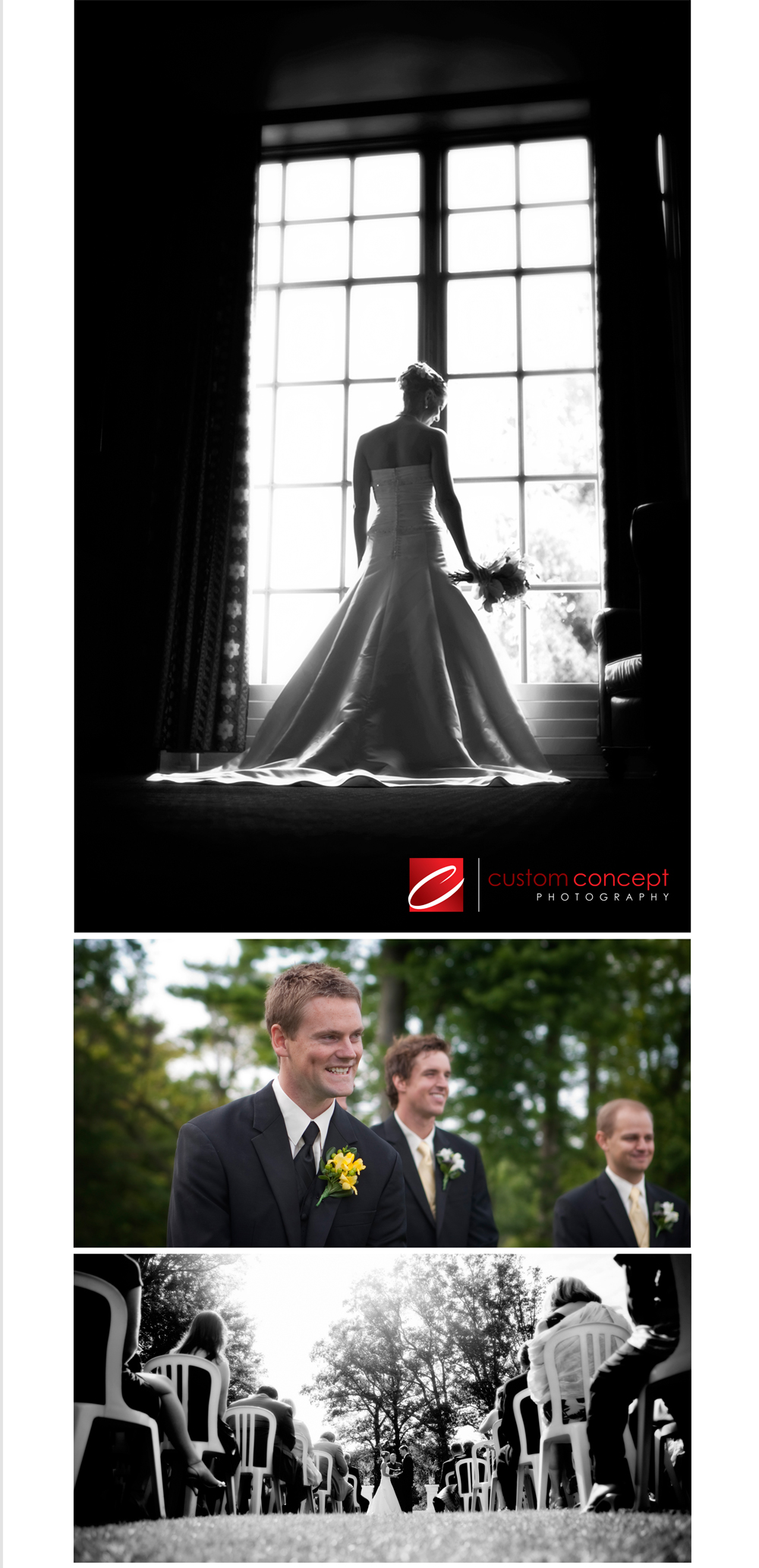Some public health types have long argued there is no point in making outbreaks of foodborne illness public – through media disclosure, for example – when the outbreak has passed or the food is gone and there  is no on-going threat to public health.
is no on-going threat to public health.
I disagree.
Even if the threat has passed, public discussion of foodborne outbreaks enhances awareness, holds operators accountable, and builds trust and credibility for the investigating outfit (usually the local health department).
Oh, and as I told Jonathon Sher of the London Free Press (that’s in Canada) people have a right to know about events where people got sick.
Sher reports this morning that Londoners were kept in the dark about a viral outbreak at the London Hunt and Country Club after at least 25 people were stricken with suspected norovirus after a Thanksgiving buffet Oct. 11 and at least four more became ill after attending an event for medical residents on the 13th.
Cathie Walker of the Middlesex-London Health Unit said,
“We were notified Oct. 14 by an attendee who was ill.”
Public health officials didn’t reported the outbreaks to the general public and instead relied on the Hunt Club, which had e-mailed a newsletter to its members about the incident, and the organizer of the event for medical residents.
Walker defends the lack of public notification, saying people who didn’t attend the events weren’t at risk and that the private club had taken over the task of notifying those who attended.
“Health Units are loathe to report it because it creates more work but there’s value to reporting and the public has a right to know,” said Doug Powell, an associate professor of food safety at Kansas State University.
In outbreaks such as these the cause is most often a food handler who is already sick, Powell said.
Barbara Kowalcyk, director of food safety for the U.S.-based Center for Foodborne Illness Research & Prevention said, “(A worker) would be the logical place to look.”
.jpg) While kitchen staff worked at both events and some later reported be stricken with illness, it’s not clear if any of the diners attending both events — health investigators never asked to compare the lists, the Hunt Club says.
While kitchen staff worked at both events and some later reported be stricken with illness, it’s not clear if any of the diners attending both events — health investigators never asked to compare the lists, the Hunt Club says.
The health unit instead interviewed 29 ill people, some who responded to the Hunt Club email and others mentioned by the initial people interviewed. But health investigators didn’t speak to the roughly 370 other people who attended, Walker said.
That’s a significant oversight, said Kowalcyk, who is a statistician completing a doctorate in Environmental Health with a focus in Epidemiology.
“If they don’t even talk to people who weren’t sick, I don’t know how they can say they did an investigation,” she said.
If a sick worker was the source it’s possible he or she doesn’t know it and may be still infecting people, she said.
“(The public) may want to know that,” Kowalcyk said. “I’d think public health official would want that worker not to handle food.”
